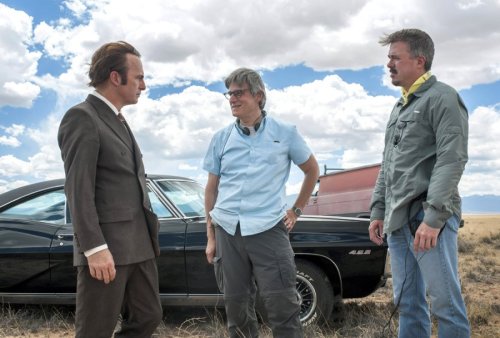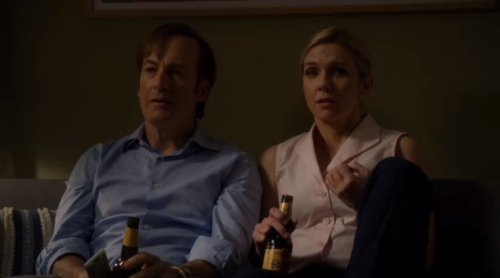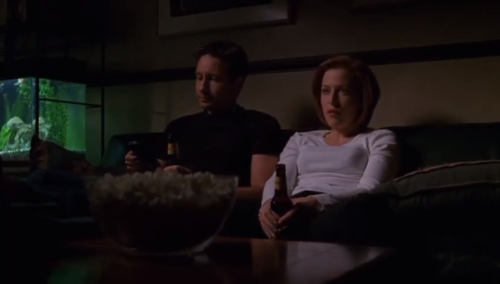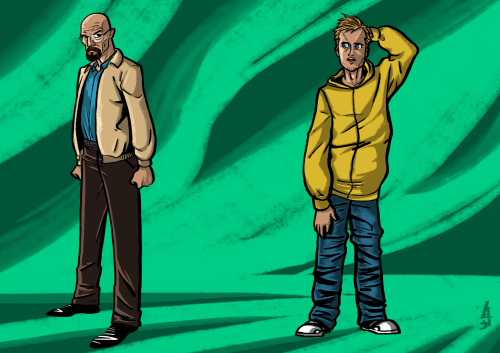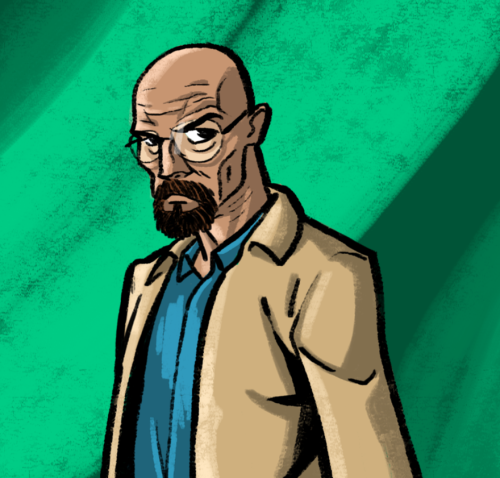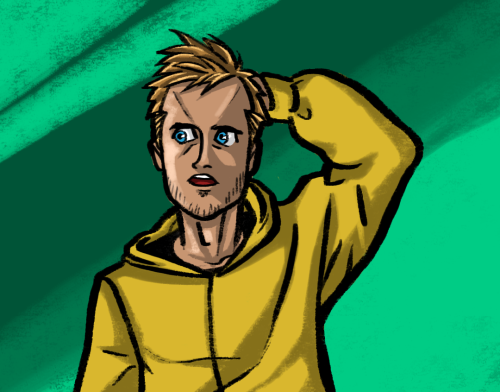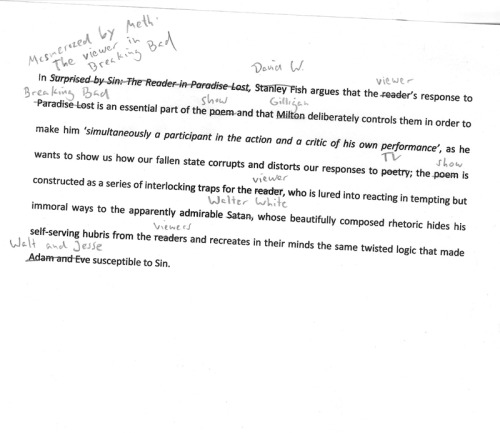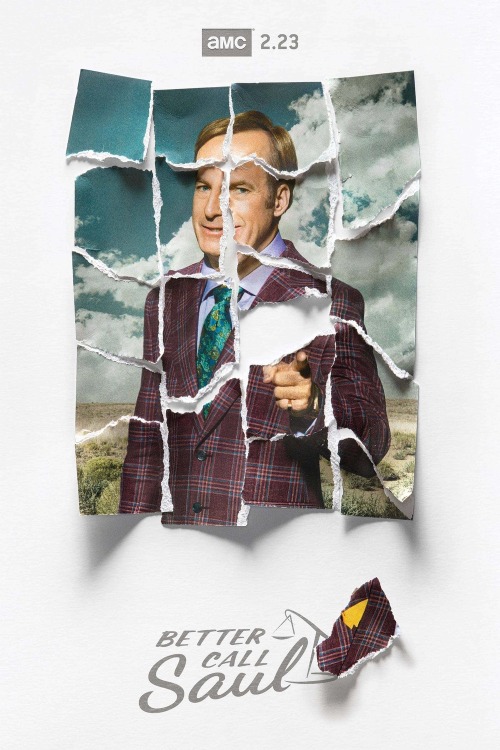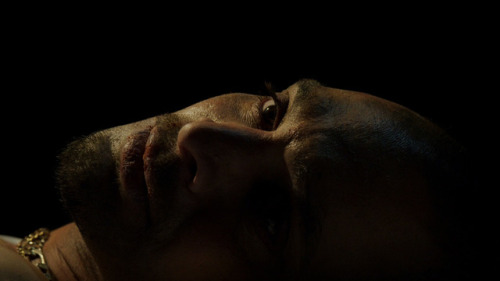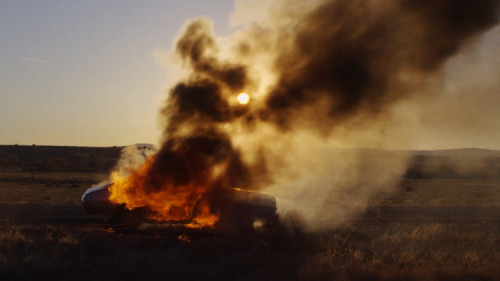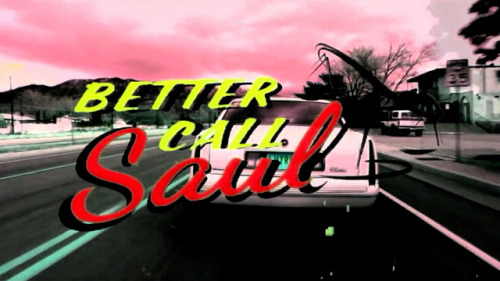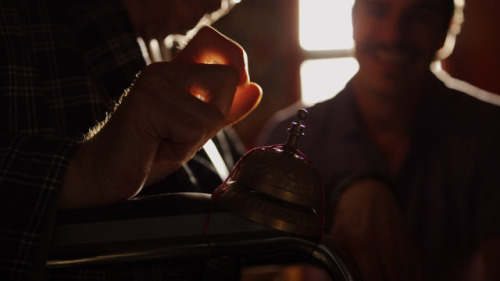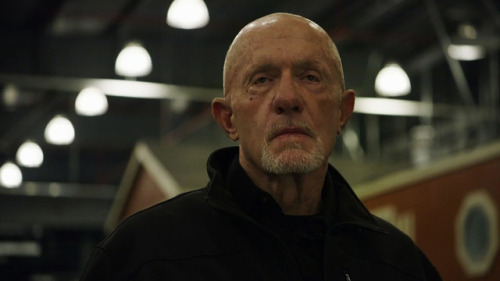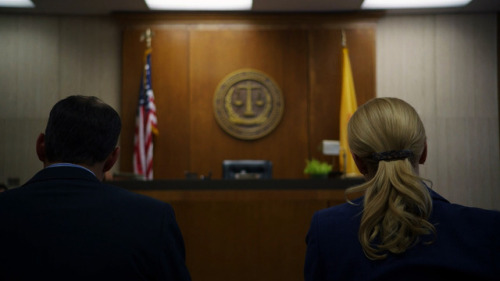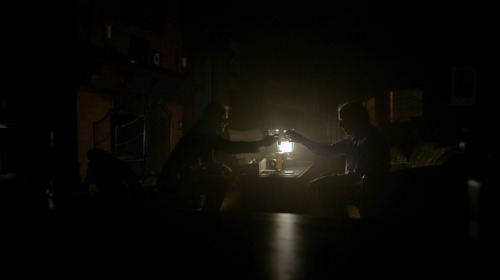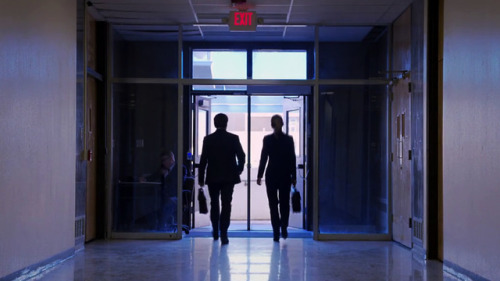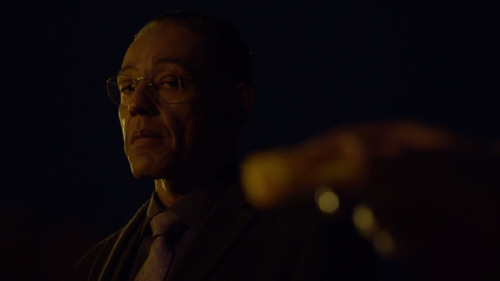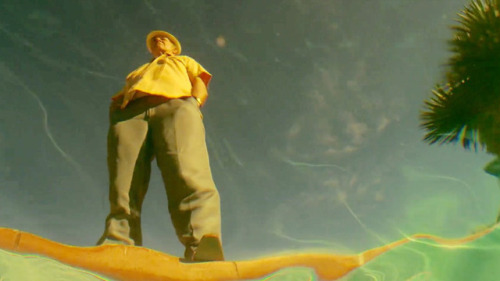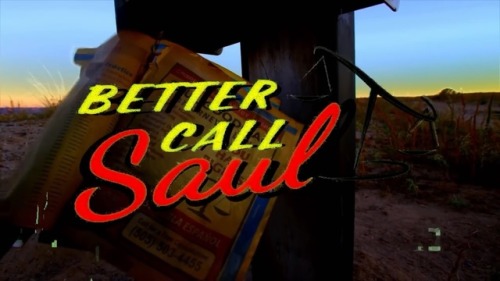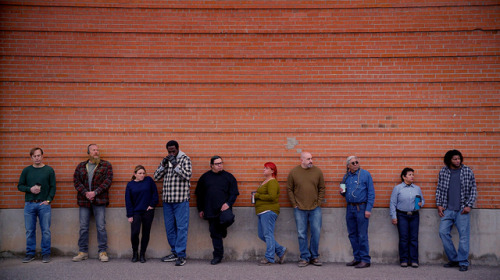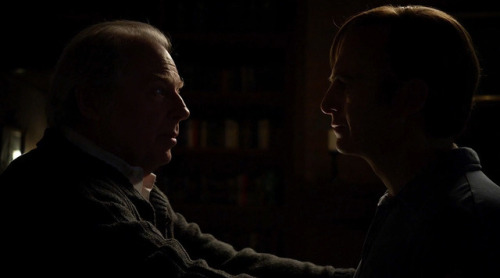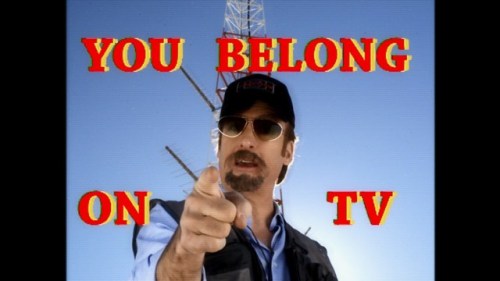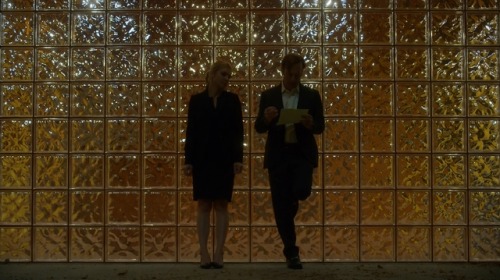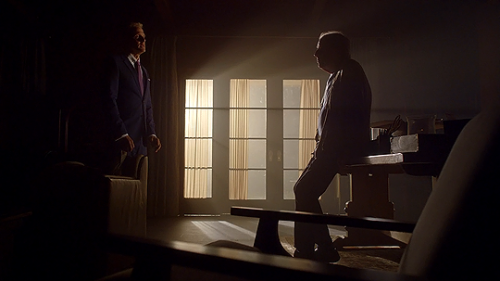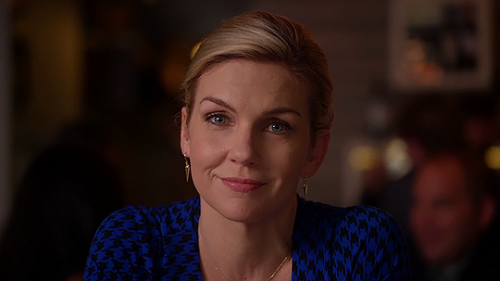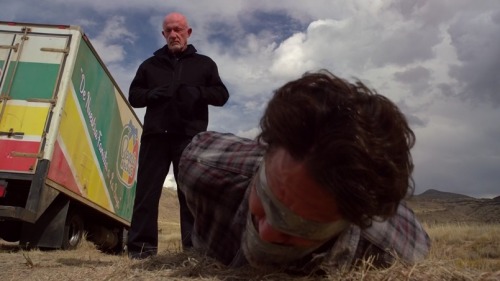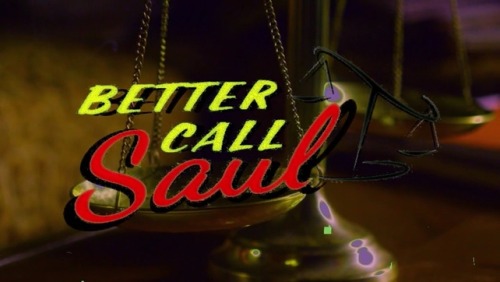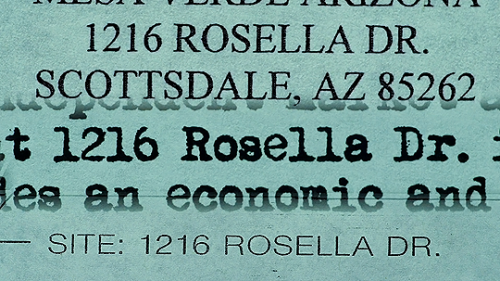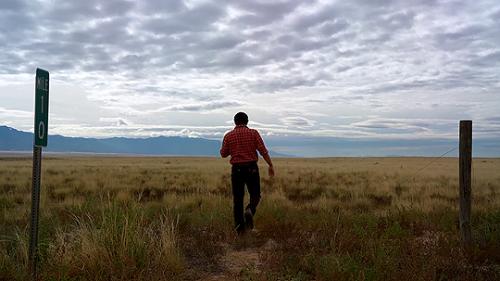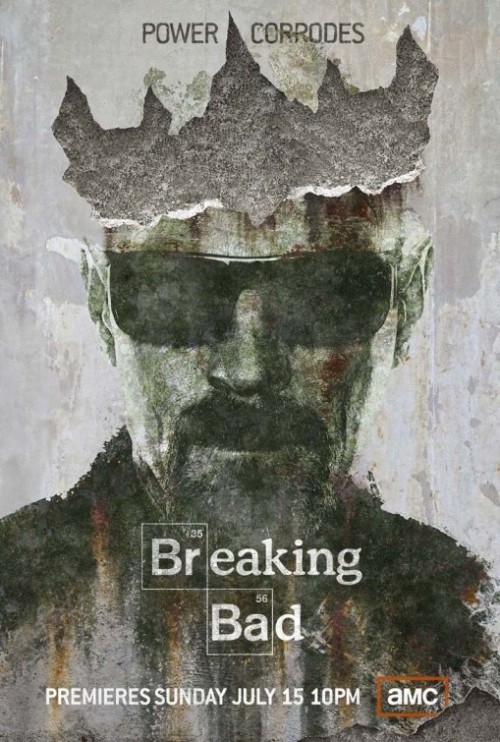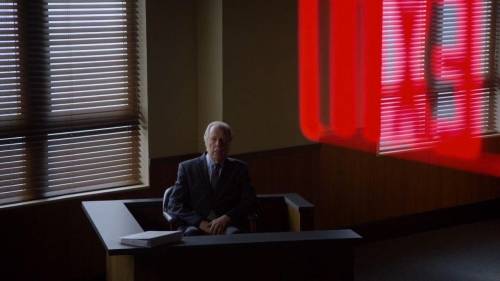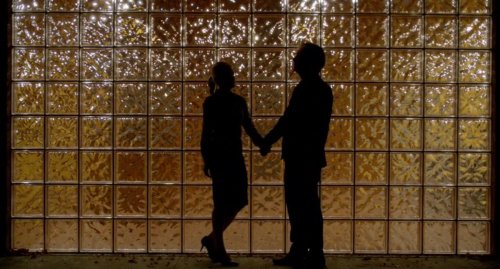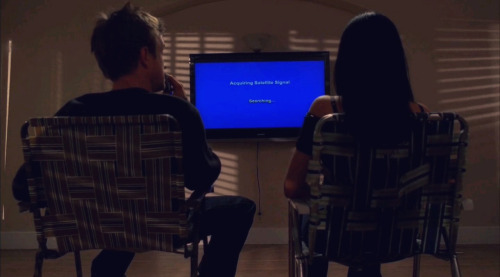#vince gilligan
Onion AV Club Interviews Bob Odenkirk
AVC: When was the topic of a Saul-based spin-off first proposed?
BO: Literally, the first time I did the character, by the crew. Everybody made jokes about the spin-off. The first time I did the first scene in his office, there were jokes about, “Can I get a job on the spin-off?” [Laughs.] The character was just so big. Most big character parts on a show like this feel more supportive and less outsized and take up less oxygen than Saul took up. And so people joked about it right away.
Post link


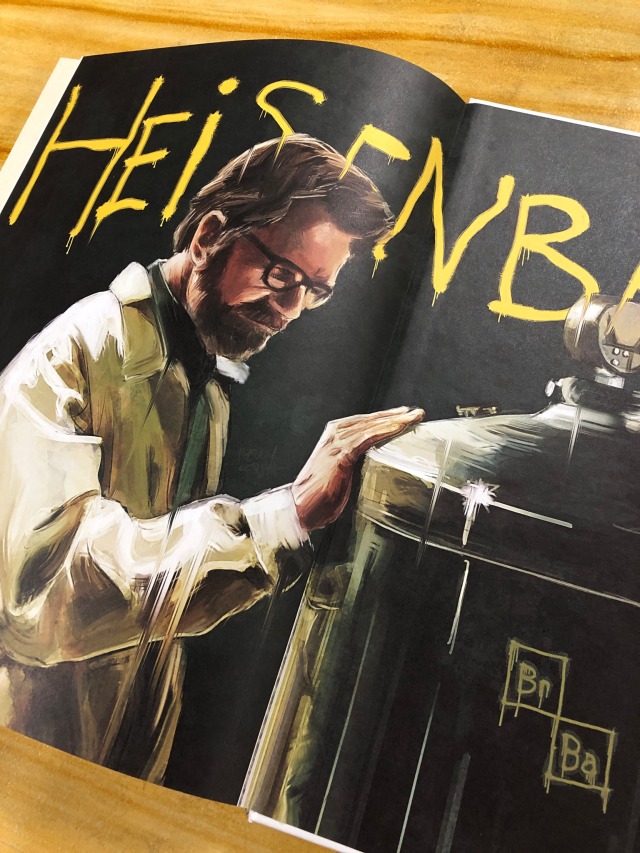

Just wanted to share that my little tribute to Breaking Bad’s finale (that I did 6 years ago) got included in the official Breaking Bad art book: 99.1% Pure Breaking Bad Art. The post only had a few notes back then, but the creators still saw it. All because I posted it here, on Tumblr. I love this site, please don’t ever change.

Also sharing this part of the interview Vince Gilligan had with Entertainment Weekly. If you ever did Breaking Bad art, chances are they saw it and loved it as well.
El Camino prompted me to renew my vows at the altar of Vince Gilligan, so I’m catching up on Better Call Saul, and this tribute just made my heart soar.
Post link

Better Call Saul

“A happy ending.”

Suit up. ☎️⚖
You know a show is good when the most cruel, ruthless and senseless action makes you very nauseous and unwell after watching it.
Especially when you have been getting used to those type of elements in other stories and almost got desensitized to those sort of things. I know it be might be something weird (even creepy ) to say but I am glad I felt that way after seeing it because that’s the whole purpose of it, the whole purpose of that scene and how you should feel about it. At least I would hope that’s the case because I felt extremely nauseous and uncomfortable when it happened.
Like I don’t want to freak anybody out by saying this. X) It’s just about the way we are influenced by certain other stories sometimes and I’m glad BCS isn’t like that and has never been that way about that particular topic.
Sometimes certain stories makes you forget how impactful and shocking those types of things actually are to the point you don’t feel anything when it happens. You know it is wrong but you lack that shock and impact moment that really puts things into perspective. Plus makes you really realise what just happened or what’s going on.
Of course BrBa wasn’t shy about doing it in a gruesome way and sometimes with a dark comedy vibe to it but there was always that feeling of impact and shock when it still happened. And in BCS it’s even more apparent with the way they do certain things.
There’s not a lot of, (and I mean it), shows or stories like Better Call Saul; they are very rare. And tonight’s episode is an example of that to me.
I’m glad there’s this break until July 11th so we can really digest everything that’s been given, and done to us xD, in the past few weeks and tonight of course.
Only 6 episodes left, it’s almost the end guys. Let’s get ready because we’re not out of the woods yet.
Why does tonight’s episode feel like “Chicanery” all over again ? Like you know being an episode that was 3 seasons in the making.


Like I genuinely have a feeling “Plan and Execution” feels exactly the same way. Something that was 6 seasons in the making and is going to have a giant lasting effect.
Too many characters and things from previous seasons are connected to it from what I’ve seen. Especially the storyline they are getting into. Characters that are from Season 1 and 2 that I’ve seen are coming back or might be coming back. It’s intriguing, very intriguing.
But it’s also scary, it’s truly scary. I don’t know what they’re going to do and I have no idea how they’re going to do it but I just want the episode right now.
I can’t keep waiting. I just want it now. I want to know what happens.
The shocking fact that there are people who still root for Walt gave me an idea for a book.
Post link
THINGS WE MAY FIND OUT
Okay, for Better Call Saul…
#1. What if Howard wrote Chuck’s letter to Jimmy?
I know I always said that Kim did, and she makes a lot of sense, but what if they tried to knock us back with a surprising twist? What if, after getting Howard shot, Jimmy finds out that it was him, not Chuck and not Kim, who penned the letter?
#2. What if Lalo survives?
What if, instead of dying, Lalo picks up the phone and orders a “Dust filter for a Hoover Max extract pressure pro model 60?” It could happen. There’s no proof that he’s alive. The only people looking for him are Gus and Mike, everyone else thinks he died in Mexico. He’s safe from law enforcement, so long as he can get a new identity, and Gus never had a chance of finding him. No, it’s the other way around. Gus is playing a waiting game; waiting for Lalo to come to him! So if instead Lalo just buys that dust filter, he’s gone. Retirement is an option.
#3. What if Howard lives?
People survive gunshots all the time. People even survive gunshots to the head! So there is a potential for Howard to survive.
#4. What if Jimmy dumps Kim?
No, I don’t mean that Jimmy distances himself from Kim to protect her. I mean, what if Jimmy decides, “Hey! This bitch is crazy!” I’m outta here.”
It could happen. Like I said previously, Kim is in this Walter White style downward spiral.
Remember: Slipping Jimmy scammed people for profit. It’s how he made his milk money. It was a means to an end. A short cut, yes, but simply his way of putting clothes on his back and food on his table. Kim seems to be doing the exact opposite. She turned away from her own goal, sabotaged her own “end” – the meeting about funding a Pro Bono law office – in order to get Howard.
Remember Walter White? Remember how he was offered a great job and all his medical bills paid and he turned it down in favor of cooking up crystal meth? Well that was what Kim Wexler did. That is what she became. Like Walter White she walked away from the legitimate answer, THE CHARITY, and chose to go for it on her own, even if it wasn’t a legitimate means.
Might Jimmy see this? Might it scare him? And, no, it doesn’t follow that he would have to later spot it in Walter. After all, he wasn’t close to Walter. He didn’t know the whole backstory. He didn’t see all the opportunities that Walter walked away from. But he sees them with Kim. So maybe Kim doesn’t leave and maybe she doesn’t get killed. Maybe Jimmy dumps her.
NOTE: Jimmy does mention his “Ex Wife” in Breaking Bad. Sure he had other ex wives, but maybe Kim is the one that left him feeling scorched.
#5. The timelines cross
There’s no reason why the Better Call Saul timeline can’t overlap Breaking Bad. Saul Goodman doesn’t make his first appearance until episode 8 of season 2. Going by when the episodes aired there’s 15 months where the characters of Breaking Bad & Better Call Saul co existed in the same city with little or no knowledge of each other.
NOTE: Jesse at least knows who Saul Goodman is, and it has been suggested by others he may have had contact with him prior to the Breaking Bad timeline.
Legitimate complaint about Better Call Saul
Why wouldn’t Lalo Salamanca contact Jimmy? He was the most obvious person to contact. He was the only person that Lalo was likely to contact outside an assassination attempt.
Jimmy was the person Lalo Salamanca trusted. Jimmy was the ONLY person that Lalo Salamanca trusted to get him out on bail, collect his $7 million and deliver it to the courthouse.
Who was the only person Lalo Salamanca trusted? Jimmy McGill.
Oh, sure, he trusted Nacho for a very brief time but that was all in the past. No, the only person remaining for whom Lalo Salamanca held any regard for, saw as trustworthy was Jimmy McGill.
Does Vince Gilligan not watch his own show?
So E:7 is firmly rooted in the idea that Gus & Mike aren’t very bright.
I mean, they saved Jimmy! They knew that Lalo wouldn’t risk his $7 million, his freedom on any of his own henchmen, that he trusted Jimmy more than anyone, and Mike followed Jimmy to make sure he succeeded.
He knew it was Jimmy that Lalo trusted. He knew it. He acted on that knowledge. AND THEN we have MAJOR MAJOR MAJOR plot turns all based on the premise that Mike had no idea. Gus had no idea. They’re both blithering idiots.
And why shoot Howard?
It’s a message. It has to be a message. But it’s the wrong message. It’s the exact same message that convinced Walt to start mixing a Ricin burrito for Tuco Salamanca. It was the exact same message that convinced Nacho to put a contract on Tuco Salamanca. It’s not the message you want to deliver, not to anybody you need to depend on.
It’s just not good, it’s not clever. It’s breaking character in Mike & Gus, and it’s portraying Lalo as clever even as he makes a massive strategic error.
just read in interview with Vince Gilligan in which he said the original ending for El Camino was Jesse in prison but then he showed it to his girlfriend and she was like ‘you absolutely cannot do this everyone will hate you what is wrong with you’ and frankly bless this woman because if, after everything, I had got anything other than Jesse Pinkman driving off to Alaska i would have hunted VG down and killed him for sport
As the finale of Breaking Bad draws closer (albeit excruciatingly slowly), I’ve been reflecting more and more on what legacy the show will leave behind. I truly do think that this will be remembered as one of the shows that completely revolutionized television as a forum for storytelling, and that Vince Gilligan will always be remembered as the genius behind Heisenberg and his universe. However, I think that, lurking beneath the show’s surface, there’s a little-questioned yet troubling implication: Breaking Bad is inherently, and inescapably, a white supremacist fantasy.
I say this with no intent to diminish the magnitude of what Breaking Bad has accomplished, both as art and entertainment, but because I think that while there has been some incredible gender analysis done on the show, very little critical race theory has been taken into account in writing on the show.
Primarily, Breaking Bad is rooted in the trope of the “Mighty Whitey”, a commonly used trope in which a white protagonist infiltrates a non-white community or organization and exceeds above and beyond the actions and abilities of the people of color/native people who reside there (think The Last Samurai, Avatar (film), Daenerys Targaryen on Game of Thrones, and pretty much any movie where a white teacher goes to an inner city school and teaches kids to respect Shakespeare).
Walter White enters the alien world of methamphetamine which, at least in Gilligan’s representation of Albuquerque, is primarily controlled by the Mexican cartel. Walt thrives here, not just because he makes meth, but because he makes the best meth, clearly distinguished by its coveted blue color. His “superior” education (the product of white and class privilege) means he quickly surpasses the seasoned cartel cooks and throws the meth industry into chaos. The implication is that he can use his whiteness and the accompanying education and class privileges that come with it to produce a superior product and destroy the men of color who compose the cartel.
The violent elimination of all the people of color on the show is also deeply connected to Gilligan’s reliance on the trope of “Mighty Whitey”. While Breaking Bad was never a very diverse show, by last week’s episode, “To'hajiilee”, the show was entirely white (with the exception of Gomez, who by all appearances will be dead within three minutes on the next episode). That episode, and this season at large, was punctuated by violent displays of dominant masculinity by Todd and his neo-Nazi uncles, all of whom are decorated with swastikas and white power symbology. Incidentally, this great piece from The New Inquiry suggests that Breaking Bad functions on an unrealistic drug purity myth, which falsely claims that cleanliness and purity are rewarded in the meth world, when in fact the only purpose of these values on the show is to demonstrate Walter’s “higher” standards and capabilities.
While the show holds Walt accountable for his actions, many fans still see him as an antihero and often applaud his antagonism. One example is his stand-off with the Salamanca Cousins, who seek to avenge their family, a desire that is portrayed as a weakness by the show - it ultimately brings about their death and triggers the structural collapse of the cartel. Walt is portrayed as more rational and in control of his emotions, and his primary motivation is also rooted in family and duty. Or at least the show wants us to believe these are Walt’s primary motivations - I’ve always seen Walt as a violent, selfish man who just needed the promise of a consequence-free future, which his cancer diagnosis provided, to unleash his inner megalomaniac. However, his actions are sanitized and masculinized. The viewer is asked to believe that Walt is motivated by familial honor and love, and it seems like there is a baseline assumption that he will be granted that respect both by viewers and inhabitants of his universe because of his white skin.
Walter’s very last name - White - is, I think, the key to delineating who is allowed access to strength and power in this universe. Whiteness cloaks Walt’s actions in innocence and legitimacy, allowing viewers to privilege his emotional experiences as valid, while rooting for the destruction of the Salamanca Cousins, and later Gus Fring. He is the ultimate performance of white male power.
The relationship between Jesse Pinkman and Walt has been much examined, most notably in the context of the emotional abuse Jesse suffers at the hand of “Mr. White”. However, I think it’s worth also considering the importance of naming in Jesse as well - like Walt, his last name is rooted in color, and pink is usually connotative of femininity/childhood. When viewers first enter the Breaking Bad universe, Jesse is existing somewhat outside the traditional constructs of the white, upper middle class male privilege he was born into - he is a drop-out junkie, a low-level meth cook who dresses and speaks in “street” style, a stupid kid who can’t even remember how to keep himself alive - essentially, Jesse is an infantilized and degraded version of what Walt, and Breaking Bad, thinks a white man “should be”. Over the course of the show, as he is dragged deeper and deeper under Walt’s sway, Jesse slowly but steadily begins to re-conform to the vision of white masculinity purported by Walter, aka Mr. White, a name which so strongly begs us to see Walt as the pinnacle of white manhood it’s almost comical. From Jesse’s increased knowledge of chemistry and high level of disposable income, to his shaved head and dramatically different costume styling, the Jesse of Season 5 is worlds away from the Jesse we met in Season 1 - Walter’s influence has groomed him to perform toxic white masculinity.
We increasingly see Jesse performing aspects of Walt’s personality, aspects that coincide with Walt’s positionality as the “Mighty Whitey” of the Albuquerque meth world. In “Salud”, Season 4 Episode 10, Jesse is taken to Mexico to teach the cartel to cook blue meth, and acts out a Walter White-esque assertion of white masculinity. Jesse clearly has no idea what he’s doing, and is surrounded by far more educated and competent men, namely Benicio Fuentes, the cartel’s main cook. When informed that Fuentes’ lab synthesizes their own phenylacetic acid, Jesse is frozen, and confides to Gus that he can only recognize the acid because it comes in “the barrel with the bee on it”. Gus conveys this in Spanish to Fuentes, who is disgusted, claiming that any sophomore chemistry student can synthesize their own phenylacetic acid. Despite his lack of language skills, Jesse understands he is under attack and lashes out, telling Fuentes they’re going to do things “his way - the right way”. He may as well be saying the white way, and, as he learned from Mr. White, bullying and infantilizing people of color apparently goes a long way in the meth industry. The bilingual, university-educated Fuentes is forced to turn is lab over to a petulant child whose only credentials are the color of his skin and the audience’s willingness to believe in Jesse and Walt’s dominance.
Jesse is molded by Walt to perform alongside him as the “Mighty Whitey”, a performance rooted in the white man’s belief that all spaces can and should be under his domain. I still vacillate as to what degree I think Gilligan is aware of the implications of this trope - his naming of Walter seems hyper-conscious, but the show is still inherently conservative (see, for example, the fact that Hank is often perceived to be the moral compass/most likable character on the show - Hank is racist, sexist, verbally and emotionally abusive to Marie, and quick to engage in police brutality - which has it’s own loaded connotations in American history in relation to white supremacy). This doesn’t undermine the magnitude of what Vince Gilligan has accomplished with Breaking Bad, nor is it in any way meant to imply that he himself is a white supremacist. However, I think it’s essential to understand that for all the show has done, it is at its core a deeply white, conservative male vision of the world.

